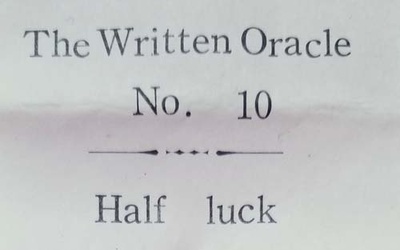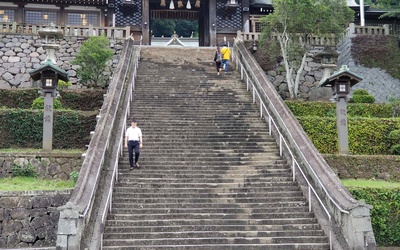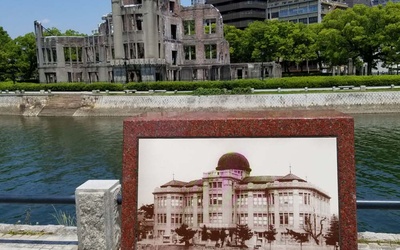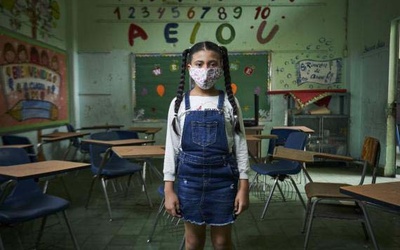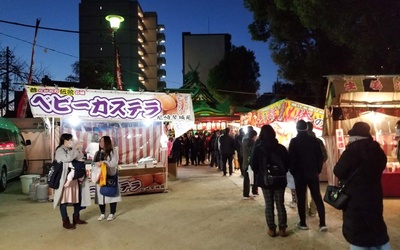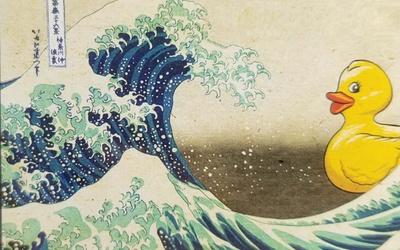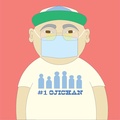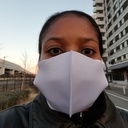
Tuney-Tosheia P. McDaniels
@TTPMTuney-Tosheia McDaniels é uma instrutora e tipóloga de inglês que estuda diferentes tipos de estados psicológicos que as pessoas exploram por meio de personagens animados. A disfunção da Dopamina com Potássio pode ser uma das muitas causas de problemas psicopatológicos em personagens animados, bem como para muitas pessoas na vida real.
Atualizado em março de 2024
Stories from This Author
Ancestralidade e toxicidade: libertando-se de velhos padrões e relacionamentos tóxicos
20 de Março de 2023 • Tuney-Tosheia P. McDaniels
Quando a “lealdade incondicional” dá errado... Ao longo dos anos juntando as peças da história da minha família, fiquei ansioso para descobrir as circunstâncias que levaram aos padrões que ainda impactam minha família até hoje. Compreender minha distante história japonesa, judaica de Bukharan e negra americana tem sido nada menos que um desafio. Ao refletir sobre os últimos dois séculos de história da família, consegui encontrar um denominador comum: os membros da minha família estiveram envolvidos em situações tóxicas. Identifiquei …
Como retroceder me ajudou a seguir em frente
6 de Janeiro de 2022 • Tuney-Tosheia P. McDaniels
Depois de nascer e ser criado na comunidade negra americana, anos atrás tive a oportunidade de confirmar minha genética por meio de testes. Descobri que tinha ascendência judia bukharan e japonesa. Eu queria saber sobre minha ancestralidade desde criança. Contudo, apesar das reivindicações da América de abraçar a Diversidade, existe uma tendência implícita dos Americanos de colocarem os outros em “caixas” e defini-los. Muitas vezes ouvi o ditado: “aja como você é”. Na melhor das hipóteses, as pessoas apresentarão “caixas” …
Radiação e rejeição: estigmatizadas no Japão e na América
22 de Outubro de 2021 • Tuney-Tosheia P. McDaniels
RADIAÇÃO E A ORIGEM DO HIBAKUSHA A radiação das bombas atômicas, a coloração negra radioativa da chuva negra e a contaminação dos cadáveres impactaram o abastecimento de água ANTES que outras vítimas sentissem uma sede que se tornou insaciável. Neste momento, as vítimas que se agarravam à vida estavam com tanta sede e desorientadas que tudo o que podiam fazer era implorar por água. Em vez disso, eles receberam uma mistura tóxica contaminada que não deveria mais ser chamada de …
Como as informações do UNICEF nos ajudam a observar as crianças nikkeis que vivem em meio a uma crise pandêmica e econômica
25 de Maio de 2021 • Tuney-Tosheia P. McDaniels
Enquanto observava e comunicava com os defensores japoneses da UNICEF nas ruas, algumas perguntas me vieram à mente: —A atual pandemia e os desafios económicos afetam as comunidades Nikkei em diferentes países da mesma forma? Como é que as comunidades Nikkei em diferentes países encaram os desafios económicos, o racismo, o preconceito e até as vacinas? —Por exemplo, os nipo-peruanos, os nipo-colombianos ou os nipo-mexicanos enfrentam mais desafios do que os nipo-americanos, os nipo-canadenses, os nipo-brasileiros ou os japoneses na …
Nikkei e oração pela boa sorte e sucesso: como uma história antiga ensina resiliência à incerteza econômica e às oportunidades
13 de Abril de 2021 • Tuney-Tosheia P. McDaniels
Como é habitual no Japão e em toda a diáspora japonesa, muitos empreendedores Nikkei oram por boa sorte nos negócios, sucesso na vida e proteção divina. Numa perspectiva antropológica económica, a oração permite aos empresários e profissionais de negócios fortalecerem-se face às preocupações que rodeiam a instabilidade económica, e até mesmo desligarem-se da negatividade que ouvem constantemente nas notícias. Embora o costume tradicional de Hatsumode (初詣), ou a primeira visita ao santuário ou templo do ano novo, seja orar no …
Uma Perspectiva Diferente: Perguntas de um Nikkeijin sobre as Respostas da Humanidade à Incerteza Econômica
25 de Março de 2021 • Tuney-Tosheia P. McDaniels
A ignorância é realmente uma bênção? O que significa quando as pessoas dizem: “Mal posso esperar que as coisas voltem ao normal”? O que é definido como “normal”? Será possível “voltar ao normal” depois de mais de 2,6 milhões de mortes em todo o mundo devido ao Coronavírus – com mais de 530.000 mortes relacionadas com o Coronavírus só nos EUA? Além disso, o que significa ser economicamente estável neste momento? Neste artigo, quero refletir a partir de uma perspectiva …

